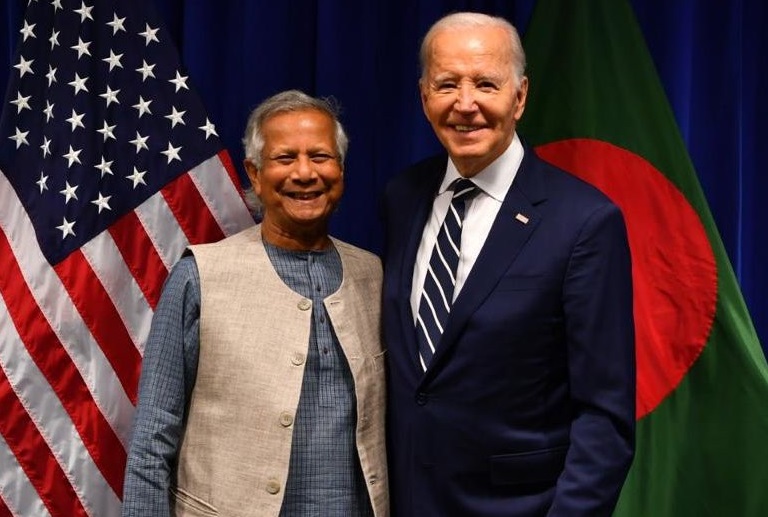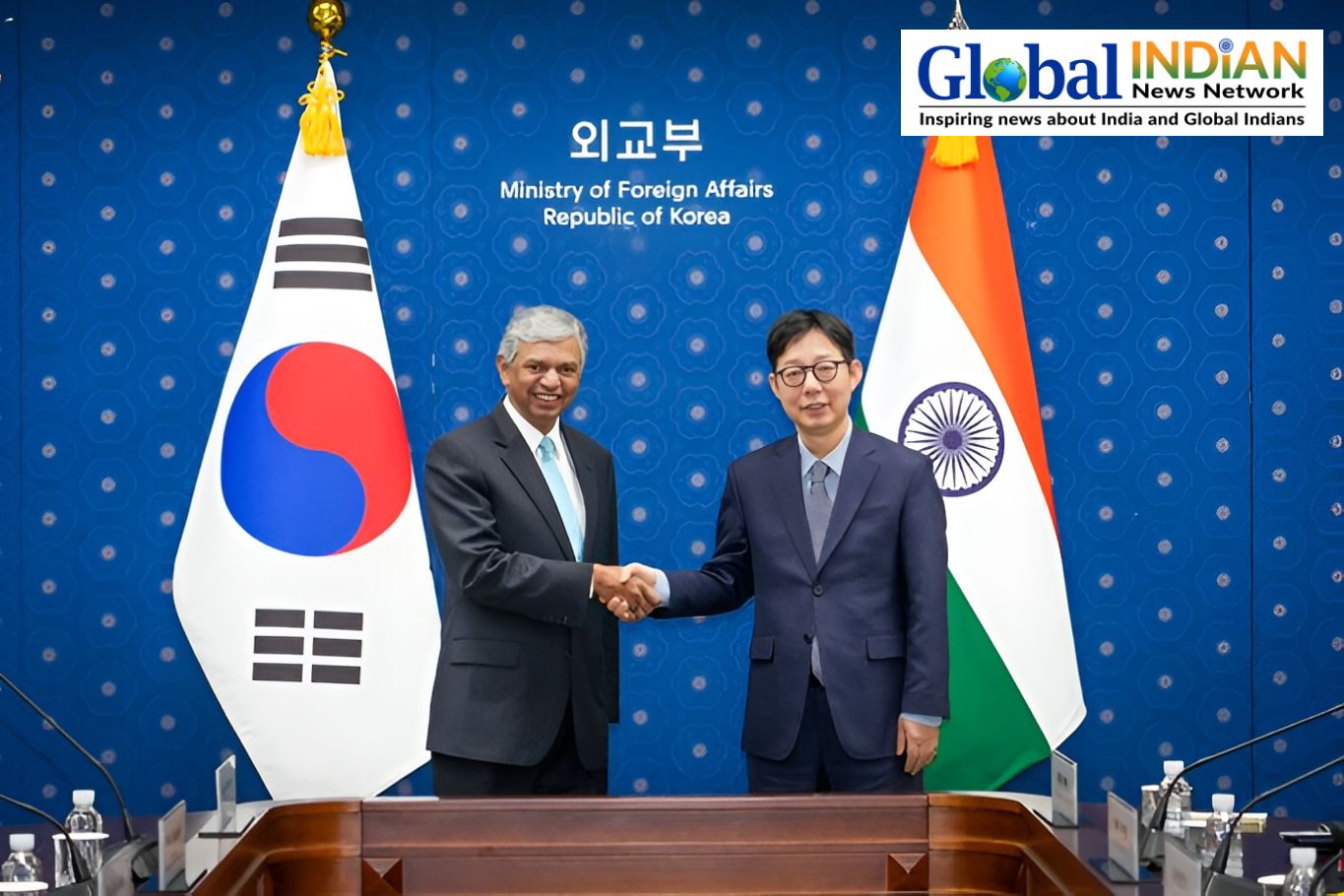
The recent victory of Republican candidate Donald Trump in the U.S. presidential election has left several global leaders unsettled, including Bangladesh’s unelected leader, Mohammed Yunus. Originally backed by populist groups and the military, Yunus was installed in August, replacing Prime Minister Sheikh Hasina. Many South Asian observers suggest that the United States discreetly endorsed this change, as evidenced by the Biden administration’s favorable interactions with Yunus—a notable shift from the relatively strained relations between Bangladesh and India.
With Trump set to assume office, Yunus now faces an uncertain future. Known for his adaptability, Yunus has quickly pivoted to reach out to Trump, who often responds to personal praise. In a letter, Yunus congratulated Trump, hailing his leadership as a uniting force for Americans— a stark contrast from Yunus’ previous statements. In 2016, he likened Trump’s win to a “solar eclipse” and expressed dismay over the “dark days” that lay ahead. Now, however, he has conveyed confidence in Trump’s capacity to advance both U.S. and global interests, signaling a willingness to strengthen U.S.-Bangladesh ties.
Yunus has long had close connections with former President Bill Clinton and Hillary Clinton, a relationship that has fueled speculation about U.S. influence in Bangladeshi politics. Critics argue that the U.S. government, under Democratic leadership, has been supportive of Yunus over Hasina, whose government had clashed with him prior to her removal. Allegations even surfaced in 2017, when Republican Senator Charles Grassley accused Hillary Clinton of pressuring Hasina’s administration to dismiss corruption charges against Yunus.
Meanwhile, Trump has condemned recent violence against religious minorities in Bangladesh, claiming such actions would not occur under his leadership. As Yunus’ government continues to release Islamist leaders, reports of attacks on Hindus and other minorities persist, with Trump openly criticizing Biden and Harris for their perceived inattention to these issues.









